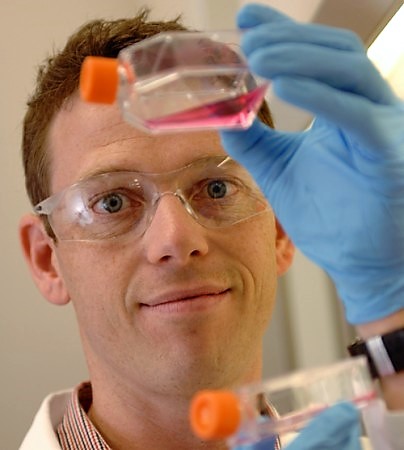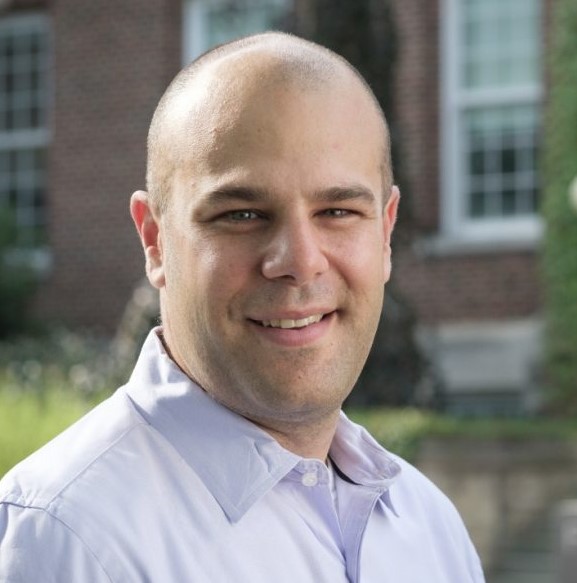From improving children’s mental health to tackling antibiotic resistance in pathogens to developing new treatments for alcohol use disorder, heart disease, osteoarthritis and leukemia, six projects led by University of Guelph researchers will receive nearly $3.8 million in new federal funding.
The funding worth $3,776,208 will come from project grants provided by the Canadian Institutes of Health Research (CIHR).
“We are delighted that outstanding University of Guelph researchers secured this tremendous support from CIHR for research that will provide profoundly important insights into incredibly pressing health problems,” said Malcolm Campbell, vice-president (research). “This funding recognizes the world-class strength of U of G health research across numerous disciplines that, in so many ways, helps improve life for people both here in Canada and globally.”
Six researchers in the College of Biological Science, the Ontario Veterinary College, the Ontario Agricultural College and the College of Social and Applied Human Sciences will receive support, as follows:

Prof. Georgina Cox, Department of Molecular and Cellular Biology, $642,600
Doctors need new therapeutics to treat infections and stem antibiotic resistance in Staphylococcus aureus, a pathogen that causes a multitude of hospital- and community-acquired infections. Her research team earlier identified S. aureus genes needed for attachment of the bacterium to the skin surface and to skin-like linings in the body. This study will investigate the molecular basis of mechanisms contributing to this process, which will guide efforts to identify small molecules to prevent adhesion as a potential new group of therapeutics.

Prof. Jibran Khokhar, Department of Biomedical Sciences, $807,076
Alcohol use disorder occurs commonly in patients with schizophrenia and dramatically worsens the overall course of this severe psychiatric disorder. Few treatment options are available to limit alcohol use among these patients. Using rat models, Khokhar will study neurobiological mechanisms underlying alcohol use disorder in patients with schizophrenia to help develop novel treatments. He will look at dysfunctions in the brain’s reward circuitry (using MRI based methods akin to those used in patients) to see whether manipulation of this circuit can change alcohol use in these animals.

Prof. Thomas Koch, Department of Biomedical Sciences, $401,626
Ten per cent of Canadian adults suffer from joint cartilage damage and osteoarthritis (OA), causing more than $33 billion a year in economic losses and untold suffering for affected individuals and their families. Current treatment uses joint cartilage chips, but this method is hampered by limited donor material, risk of disease transmission and other factors. This three-year, proof-of-principle project will study cartilage made from stem cells. This therapy would provide a safe, efficacious, cost-effective and technically simple treatment for the disorder and also enable the Canadian biotechnology sector to bank and distribute frozen cartilage tissue worldwide.

Prof. Glen Pyle, Department of Biomedical Sciences, $620,416 –
Heart failure afflicts 350,000 Canadians and contributes to 10 per cent of deaths in Canada. Despite significant research and treatment advances, heart failure morbidity and mortality are expected to triple by 2050. Among the most common causes of heart failure is ischemic heart disease, which is increasing worldwide. This project will test compounds designed in Pyle’s lab to target a particular muscle protein involved in heart failure. The team aims to protect against injury associated with heart attacks and heart failure.

Prof. Paul Spagnuolo, Department of Food Science, $367,200
Acute myeloid leukemia is a deadly disease with few therapy options. Recent research shows compounds targeting cellular components called mitochondria can kill leukemia cells without killing normal cells. This project is intended to learn more about this mechanism and develop new drugs that will selectively kill leukemia cells, ultimately extending patients’ lives.
Prof. Kristel Thomassin, Department of Psychology, $937,290

Mental health problems in children are a pressing concern, but psychotherapy is only moderately effective, with up to half of children failing to respond to treatment or dropping out of treatment. This project is intended to understand how psychotherapy works for children and to personalize treatment to make it more effective, focusing on regulation of negative emotion. The researchers will use innovative machine learning models to study how emotion regulation varies during treatment to ultimately improve mental health interventions.
